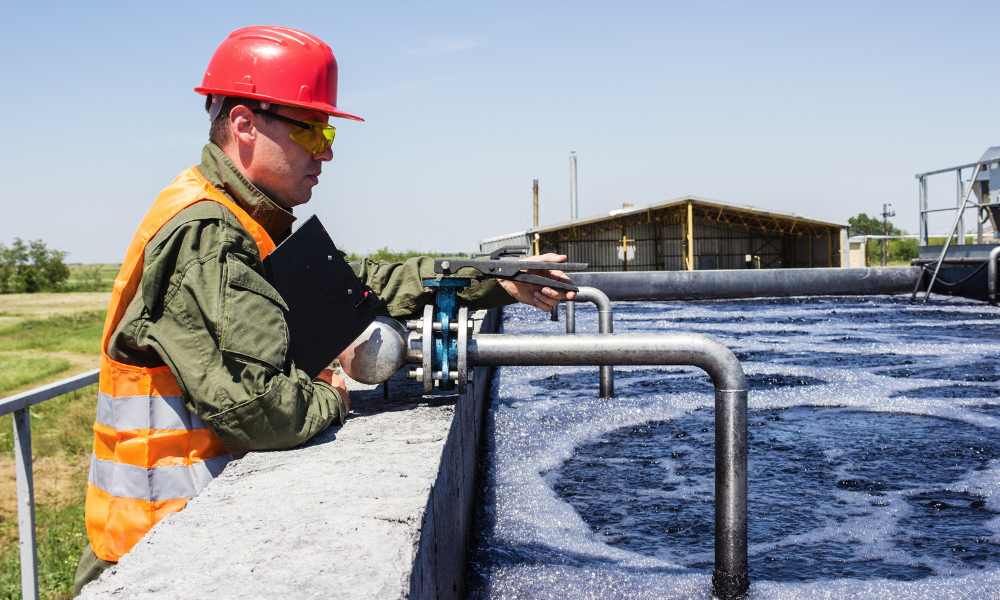
When you think of public health issues, wastewater monitoring might not be the first thing on your mind. However, it’s a crucial part of maintaining a healthy community and detecting potential health threats. Learn more about three ways wastewater monitoring can improve public health.
Detecting Disease Outbreaks Early
One of the most significant benefits of wastewater surveillance is the ability to detect disease outbreaks early. When people are infected with viruses or bacteria, their bodies tend to shed traces of the pathogens in their waste. These traces eventually end up in wastewater systems.
By monitoring wastewater for specific pathogens, public health officials can detect their presence in the community, even before individuals show any symptoms. This swift detection allows officials to take necessary measures to curb the outbreak and protect the community.
COVID Detection
During the pandemic, monitoring SARS-CoV-2 in wastewater helped many cities identify increases in infection rates sooner than they could have with individual testing. For instance, the DEP monitors NYC’s wastewater for COVID by collecting samples from the city’s 14 wastewater resource recovery facilities. This early alert system can undoubtedly save lives in the event of outbreaks of other diseases, too.
Tracking Drug and Chemical Use
Another way wastewater monitoring can improve public health is by providing insight into drug and chemical use within a community. Wastewater samples contain traces of various substances, including pharmaceuticals, illicit drugs, and industrial chemicals. By analyzing these traces, experts can gather valuable information on drug consumption trends and the presence of harmful chemicals.
This data helps public health officials identify areas where drug abuse might be occurring or where residents could be exposed to dangerous chemicals, enabling them to design targeted intervention programs that address these concerns. Additionally, analyzing wastewater samples can help measure the effectiveness of current drug prevention efforts and adjust them as needed.
Gathering Data for Evidence-Based Decision Making
Lastly, wastewater monitoring provides essential data for evidence-based decision making regarding public health. Collecting information on pathogens, chemicals, and drugs in wastewater gives researchers an accurate representation of the overall health status in a community, enabling them to draw reliable conclusions about public health risks and trends.
This data directly informs policymakers and public health officials in their decision-making processes. By understanding the prevalence of specific health concerns within a community, they can allocate resources effectively and develop strategies that address significant issues, ultimately improving the overall health of the population.
The importance of wastewater monitoring for safeguarding public health cannot be overstated. By swiftly identifying and addressing disease outbreaks, monitoring helps prevent epidemics from spreading further.
